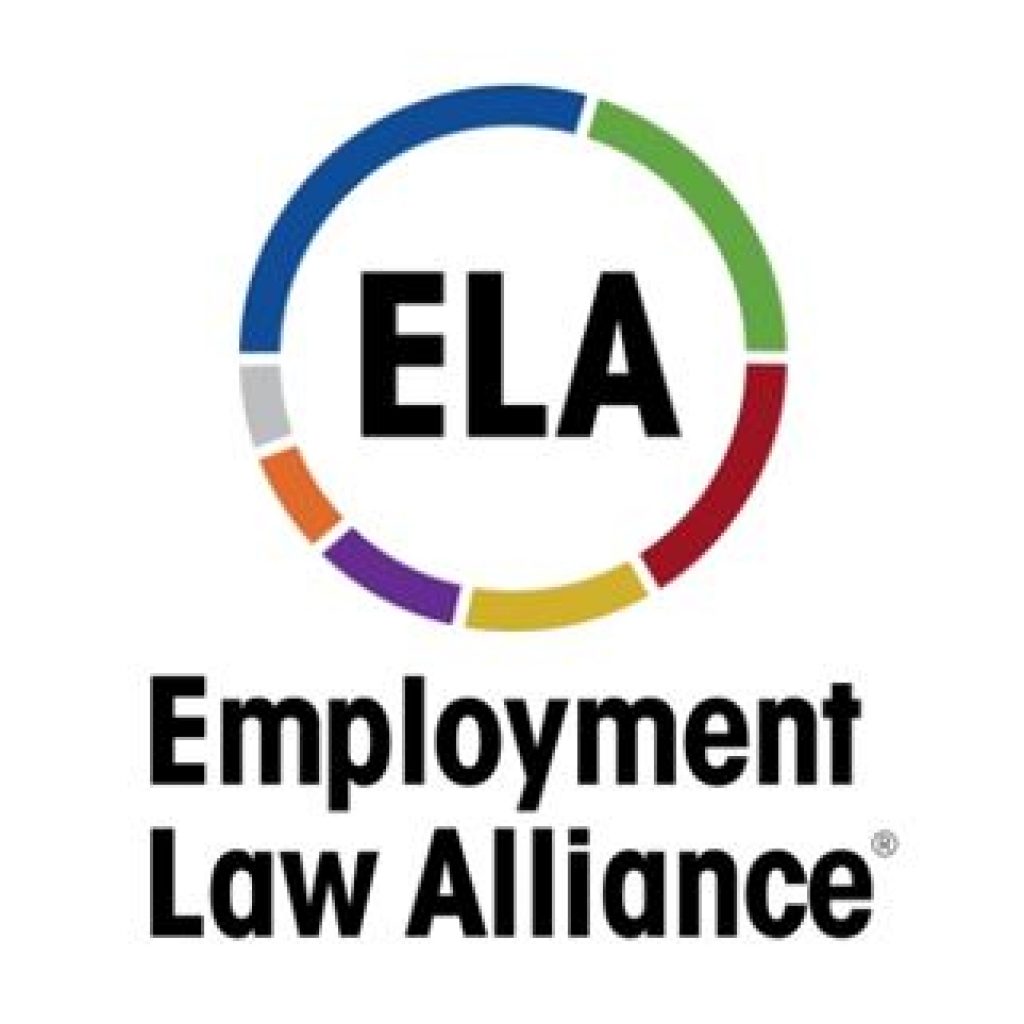June 2021 E-Update
Click here to view entire E-Update as a PDF
RECENT DEVELOPMENTS
Supreme Court Finds Employee’s Misuse of Authorized Access Does Not Violate Computer Fraud and Abuse Act
In a criminal case with employment implications, the U.S. Supreme Court ruled that there is no violation of the Computer Fraud and Abuse Act (CFAA) when an employee misuses information obtained through their authorized computer access. For more, click here.
DOL Proposes to Reinstate 80/20 Rule for Tipped Employees Performing Untipped Work
The U.S. Department of Labor has issued proposed regulations that would reinstate the 80/20 rule applicable to the compensation of tipped employees. This rule has been the subject of great controversy over the years and had been eliminated by the Trump administration. For more, click here.
Supervisor’s Statement Blaming Union for Leave Snafu Not Unlawful, says D.C. Circuit
The U.S. Court of Appeals for the District of Columbia Circuit vacated a National Labor Relations Board (NLRB or “the Board”) order finding a supervisor’s statement blaming the employees’ union for a leave discrepancy violated the National Labor Relations Act (NLRA). For more, click here.
Supreme Court Allows Transgender Bathroom Decision to Stand
The U.S. Supreme Court let stand a decision that enabled a transgender student to use the sex-segregated bathroom that corresponded to his gender identity. Although not an employment case, transgender bathroom access is an issue of interest to employers, and this case provides some guidance on the topic. For more, click here.
An Assistant to Perform Essential Functions Is Not a Reasonable Accommodation
Under the Americans with Disabilities Act, an employer is not required to provide an assistant to perform an employee’s essential job functions, as the U.S. Court of Appeals for the Fifth Circuit recently noted. For more, click here.
Lack of Consistency in Applicant Interview Criteria May Support a Discrimination Claim
Employers should be careful to ensure that their interview processes, including the interview criteria, are consistent, as the U.S. Court of Appeals for the First Circuit recently emphasized. For more, click here.
ADA Reasonable Accommodations Need Not Violate the Law
Confirming perhaps an obvious point, the U.S. Court of Appeals for the Second Circuit held that “a binding federal regulation presents a complete defense to an ADA [American with Disabilities Act] failure-to-accommodate claim.” For more, click here.
Fourth Circuit Provides Guidance on Counting Employees for Purposes of WARN Act Coverage
During the past year, many employers have had to reduce or shut down operations. In some instances, this has triggered an obligation under the federal Worker Adjustment and Retraining Notification Act to provide 60-days’ notice to employees experiencing job loss or reduction in hours. This past month, the U.S. Court of Appeals for the Fourth Circuit provided guidance on which employees must be counted for purposes of determining WARN Act coverage. For more, click here.
Employers Need Not Tolerate Dangerous Misconduct, Even If Caused By Disability
As the U.S. Court of Appeals for the Eleventh Circuit stated, “The [Americans with Disabilities Act] does not require an employer to retain an employee who it believes behaved in a threatening and dangerous way—even if the employee’s major depressive disorder is one reason or the sole reason, that the employee engaged in that behavior.” For more, click here.
NLRB Says Solicitation of Mail Ballots is Objectionable Conduct, Could Negate Election Results
The National Labor Relations Board (NLRB or the Board) held that solicitation of mail ballots is objectionable conduct during a NLRB-conducted election. The Board further held that an election would be set aside if the evidence establishes that a party’s ballot solicitation affected a determinative number of voters – i.e., a number of voters greater than or equal to the winning party’s margin of victory. For more, click here.
A New Job-Sharing Arrangement Is Not a Required Reasonable Accommodation
Even if the incumbent employee is willing to share a full-time job, the employer is not required to permit such an arrangement as a reasonable accommodation, according to the U.S. Court of Appeals for the Fourth Circuit. For more, click here.
In another non-employment case with employment impact, the U.S. Supreme Court reiterated that only a plaintiff who has suffered concrete harm may bring suit for damages under the Fair Credit Reporting Act (FCRA) – the federal law governing background checks, including for employment purposes. Nonetheless, this case serves to remind employers of the need to comply with the technical requirements of FCRA. For more, click here.







